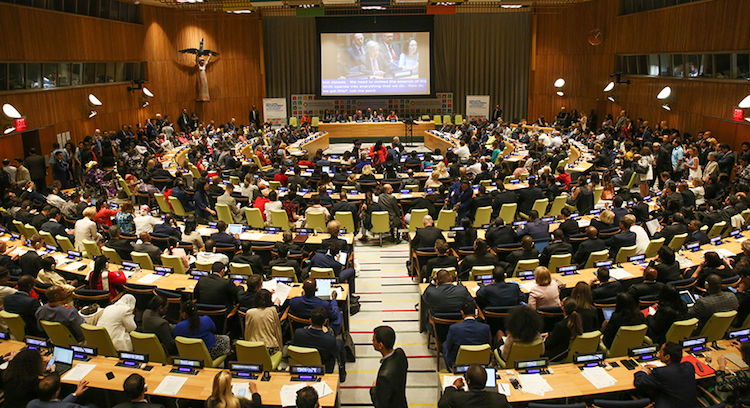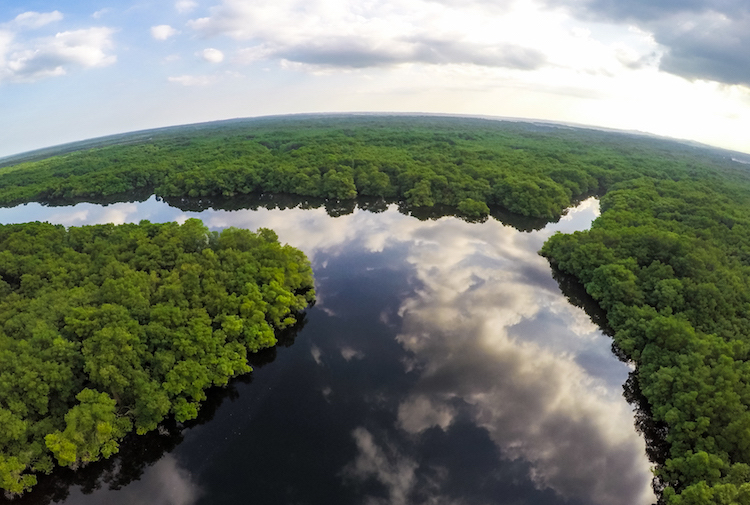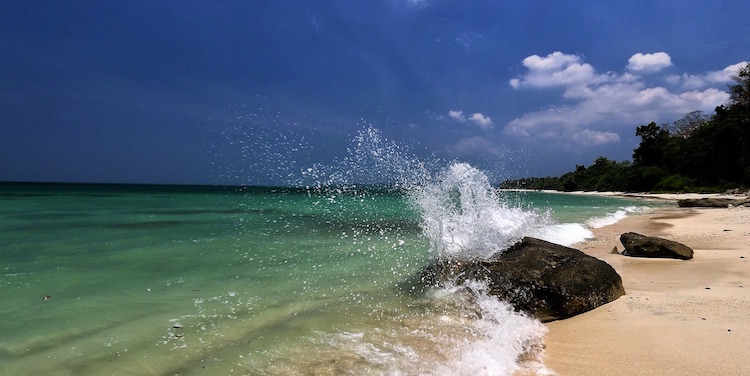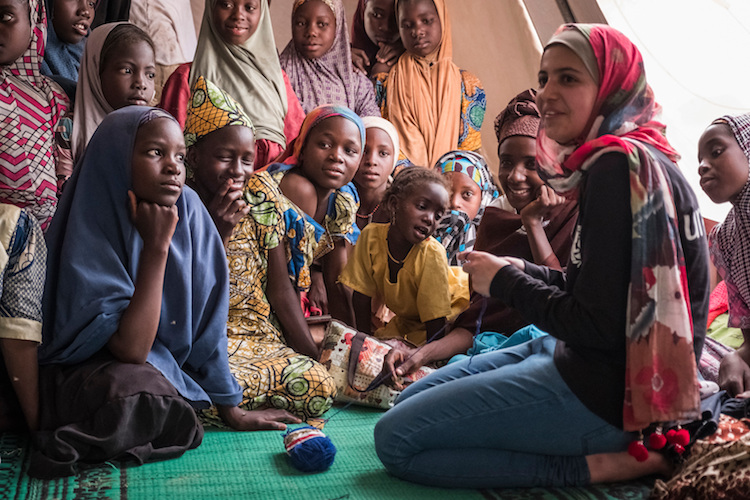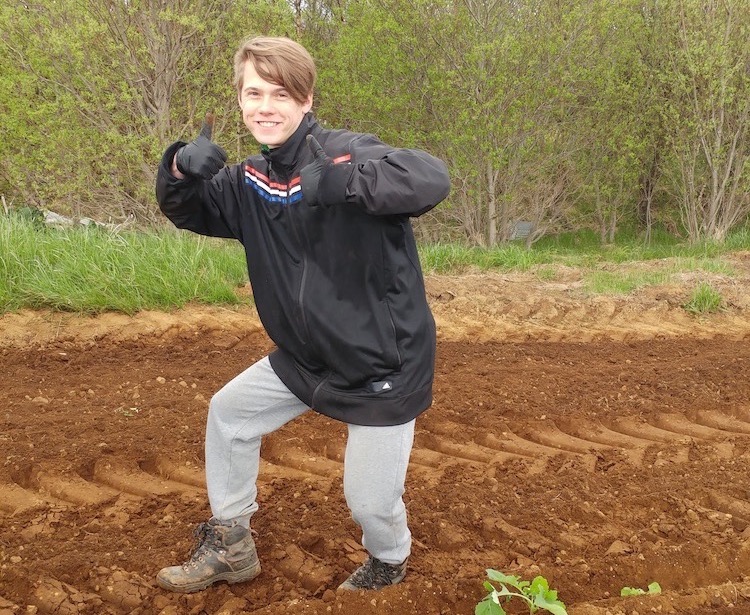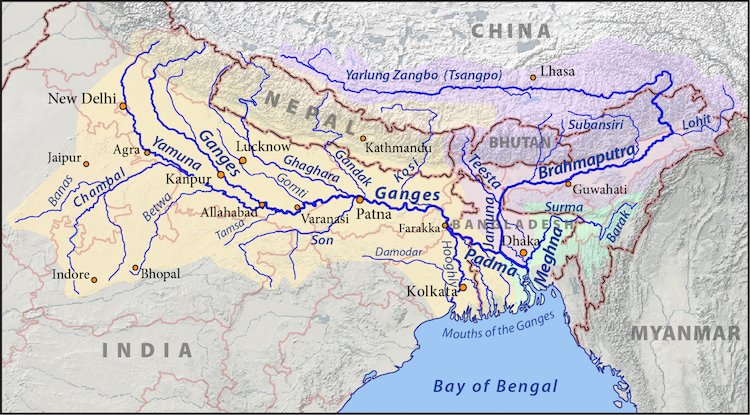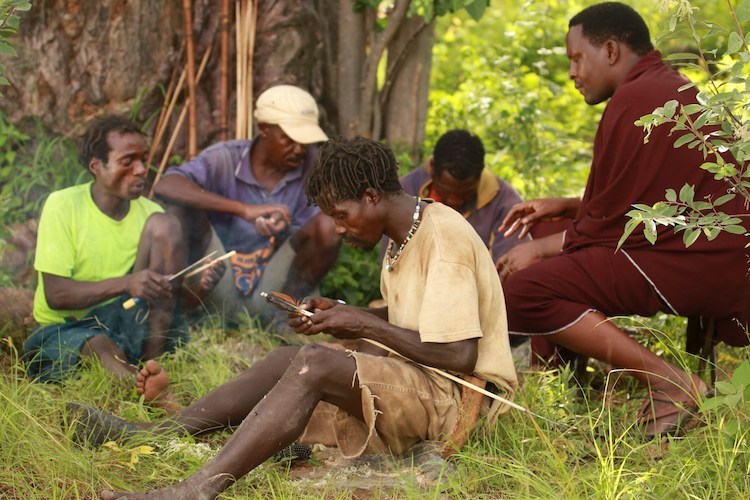
Tanzania’s Indigenous Communities Racing to Secure Land Eyed by Investors
By Kizito Makoye
DAR ES SALAAM (IDN) – Helena Magafu smiled as she held a piece of paper that recognizes her as the sole owner of a disputed farmland in her village was handed over to her, thus resolving a raging dispute with her neighbours.
“I am very happy, I don’t think anyone with ever again claim this is their land,” she said
For the past eight years the 53 year-old widow, who lives in Sanje village in the rural district of Kilombero – in Morogoro Region, south-western Tanzania – has been embroiled in a dispute with her neighbours who attempted to take 30 hectares of her family land when her husband died. (P10) JAPANESE TEXT VERSION PDF | SWAHILI
…




